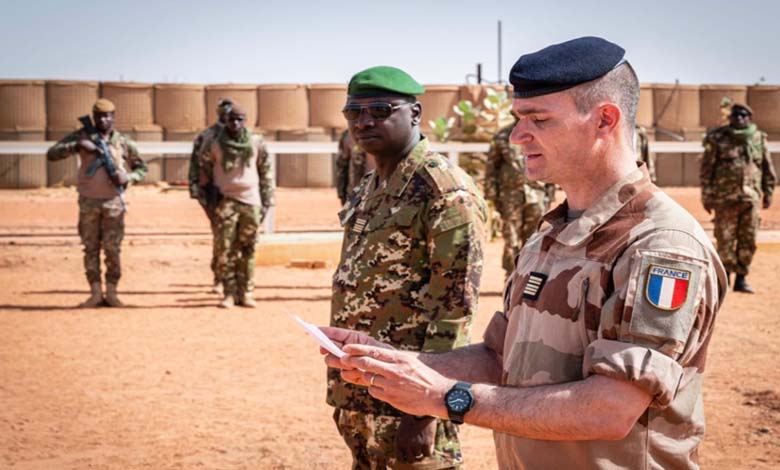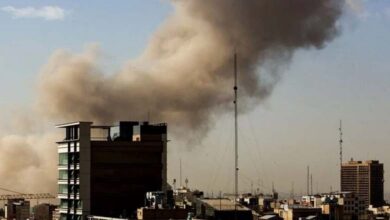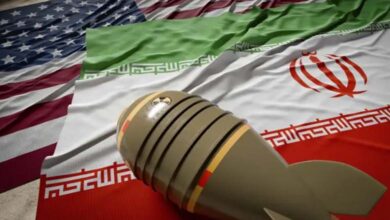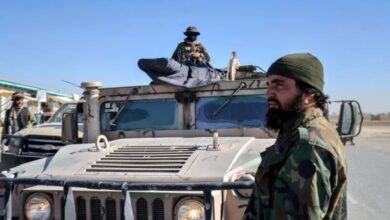French Presence in Africa Shrinks as Senegal and Chad End Defense Cooperation
The Senegalese president seeks to maintain good relations with France but without military bases in his country, following the example of nations like China, Turkey, the United States, and Saudi Arabia.

France’s military presence in Africa continues to diminish as it faces new setbacks in Senegal and Chad. Senegalese President Bassirou Diomaye Faye announced that France will be required to close its military bases in Senegal, stating that their presence is incompatible with the country’s sovereignty. Simultaneously, the Chadian government declared the termination of its defense cooperation agreement with France, necessitating the withdrawal of French forces.
-
Terrorism and Gold… Burkina Faso Traces Its Troubles Back to French Legacy
-
Senegal on the Path of Its Neighbors… “Red Card” Expected for France
In an interview with AFP conducted at the presidential palace, Faye stated: “Senegal is an independent state. A sovereign state, and sovereignty is incompatible with the presence of (foreign) military bases in a sovereign country.”
Faye, who took office in April after winning elections on a platform of sovereignty and reducing foreign dependence, emphasized that rejecting French military presence does not signify a break in relations between Dakar and Paris.
-
Muslim Brotherhood in Senegal: What Do We Know About the Jamaat Ibad Rahman Group?
-
Escalating Tensions: Is france preparing for military intervention in Niger?
He also revealed having received a letter from French President Emmanuel Macron acknowledging France’s responsibility for the Thiaroye massacre near Dakar on December 1, 1944. According to Faye: “I received (Thursday) a letter from President Emmanuel Macron in which he clearly and unequivocally acknowledged that it was a massacre.” He welcomed this acknowledgment as “a major step forward” from Macron.
The Senegalese president expressed his intent to diversify Senegal’s partnerships, highlighting the importance of engaging with as many nations as possible. “France remains an important partner for Senegal in terms of investments and the presence of French companies and citizens. However, 64 years after our independence, it is time to rethink this relationship by establishing a partnership free of military presence.”
-
“ECOWAS” and Niger… All options are open and force is ready
-
Anticipation and Imminent Military Action… Niger Coup Faces Popular Rejection and Regional Outrage
Faye noted that Senegal has strong ties with countries like China, Turkey, the United States, and Saudi Arabia, none of which maintain military bases on Senegalese soil. He underscored the need to modernize military cooperation doctrines: “This clearly means that there will be no military bases in Senegal for any country.”
In Chad, a similar move was made. Chadian Foreign Minister Abderrahman Koulamallah announced the cancellation of security and defense cooperation agreements with France, just hours after the visit of his French counterpart, Jean-Noël Barrot, to N’Djamena.
-
Senegal and the Threat of Terrorism
-
Among them two children: 3 dead in building collapse in southern Italy
In a statement posted on social media, Koulamallah said: “The government of the Republic of Chad informs the national and international community of its decision to cancel the defense cooperation agreement signed with the French Republic.”
He added that this decision aims to ensure full sovereignty after 66 years of independence and will allow Chad to reassess its strategic partnerships. While stressing that the decision does not undermine bilateral relations with France, he clarified: “Chad will adhere to the termination conditions, including the necessary deadlines, and will cooperate with French authorities to ensure a smooth transition.”
-
Draft of New Gabon Constitution: Everything You Need to Know
-
Muslim Brotherhood in Senegal: What Do We Know About the Jamaat Ibad Rahman Group?
Currently, France maintains about 1,000 troops in Chad. This decision comes amid Chad’s growing alignment with Russia, reflecting a shift in the dynamics of alliances across Africa.












